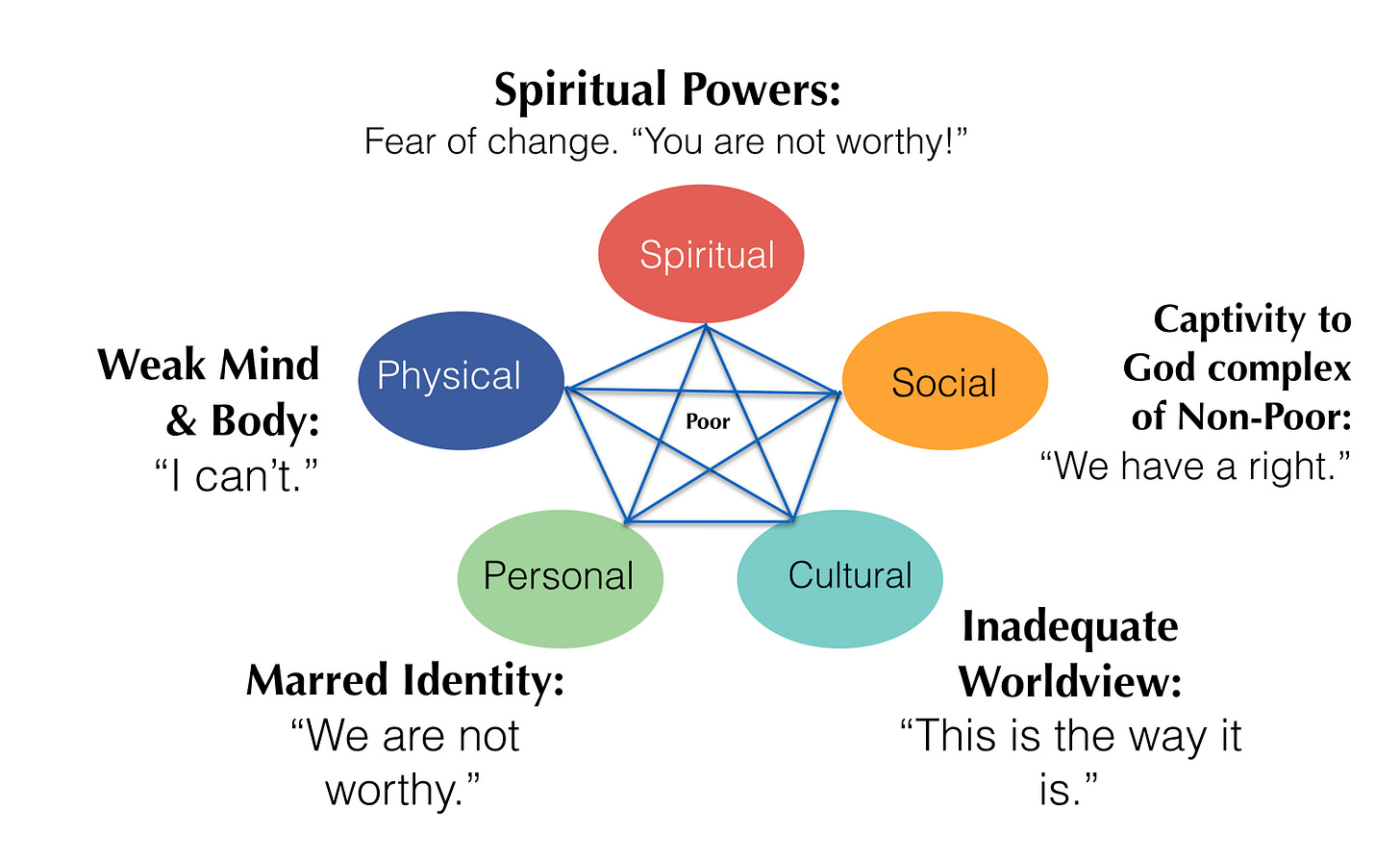How should Christians protest injustice?
Anger is normal; it’s a biblical response to injustice.
When we see children neglected, wives abused, laws violated, and perversion celebrated, we naturally get angry. However, the Bible says, “In your anger do not sin” (Eph. 4:26 NIV). The question is, “How should we express our anger?” or rather, “What did Jesus do when he was angry?” Jesus lived without sin; he saw injustice through sinless eyes. Filled with the Holy Spirit, Jesus had more reason to be angry at injustice than anyone.
We all know how “Jesus entered the temple courts and drove out all who were buying and selling there” (Matt. 21:12 NIV). However, money changing in the temple was not the only time Jesus was angry. Jesus' anger was not always evident.
Was Jesus angry when he wept at the grave of his friend, Lazarus? Perhaps the spirit of death stirred Jesus’ anger when he called Lazarus to rise from his grave. Was Jesus angered by the customs that restricted women from learning in school? He was not likely angered at Martha for her complaining, but his way of showing anger at injustice was to permit Mary to sit among the disciples as a fellow student.
Jesus was undoubtedly angered by the thievery of tax collectors, which kept people in poverty. But he shows his anger differently than we might imagine. He invites Matthew, a tax collector, to be reconciled to God and join his followers.
Was it only because he was short, that Zacchaeus, the chief tax collector, could not see Jesus over the heads of the crowd? Or was there an angry protest in Jericho that day? The crowd who gathered knew Zacchaeus. The region's most prominent and wealthy man was there to see Jesus, but they did not stand aside to allow Zacchaeus to see him. Perhaps their silent anger became a public protest that day. Someone could have stood aside to let the short man see, but that did not happen.
What we miss is Jesus' anger toward injustice is how he responds. Glancing at the crowd, he looked up in the tree at Zacchaeus and invited himself to his house. The crowd was angry. It was a protest. How do we know the crowd was angry? Because their anger shifted toward Jesus. They said, “He has gone to be the guest of a sinner.” (Luke 19:7 NIV)
Jesus’ response to injustice accomplished two things. In addition to salvation coming to Zacchaeus’ house that day, injustice was reversed. Zacchaeus said, “Look, Lord! Here and now I give half of my possessions to the poor, and if I have cheated anybody out of anything, I will pay back four times the amount.” (Luke 19:8 NIV)
Jesus’ primary way to protest injustice is by appealing to sinners to be reconciled to God and demonstrating the kingdom of God in our midst.



